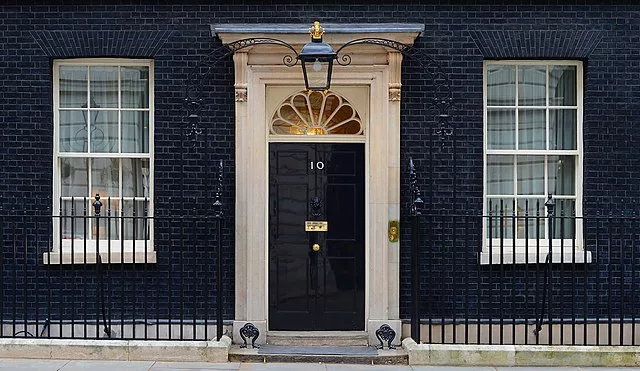This week’s article will focus on the two people who are, in all likelihood, the candidates for Prime Minister in the next British elections. Just a quick reminder, elections in the United Kingdom generally happen every five years, unless parliament is dissolved earlier, which is not unusual. Every citizen votes for a member of Parliament who will represent their constituency at the House of Commons and the party that wins the most constituencies (out of 650), will try and form the government. The winning party’s leader – today, realistically, either Rishi Sunak (Conservative) or Keir Starmer (Labour) – will become the next Prime Minister. But, who are these people? In this article you will get to know the version they like, and that they don’t.
First, the Prime Minister: Rishi Sunak. Sunak tells us he was born to ordinary immigrants to the UK and grew up in a middle-class family; his mother owned a “tiny” pharmacy, and his father was an NHS family GP. His parents sacrificed a lot so he could attend a public school and the University of Oxford (PPE at Lincoln), and he then studied for an MBA at Stanford. His professional career was in finance, he co-founded an international investment firm and succeeded thanks to his hard work. Sunak is married and has two daughters.
However, what does this story miss? According to The Times: “Sunak is not an immigrant success story, but an English public school and Oxbridge success story. He is the product of an upper-middle-class education.” Furthermore, it is important to know that although Sunak portrays himself and his family as average, upper-middle-class, his wife is the daughter of one of India’s richest men and is worth around £300 million. Tthe family has a mansion in Northallerton, a house and an apartment in Kensington, London, and an apartment in California. In politics, he is regarded as a non-ideological liberal who made smart tactical decisions in supporting Johnson and had a very quick rise to power.
Now, to Sir Keir Starmer. Starmer, married with children, tells us he grew up in a working-class family, his father worked in a factory, and his mother was a nurse for the NHS. Also, he was the first in his family to attend university and studied law at Leeds. After graduating he became a lawyer taking many pro-bono cases, including against big corporations, later worked in North Ireland, and then became the Director of Public Prosecutions. In 2014 he received a knighthood for services to criminal justice.
But, what doesn’t he tell us? Quite importantly, his opinions are not clear. Starmer has been known to politically flip-flop and adjust his message to the crowd and his needs. As a young Oxford graduate student, he became involved in Socialist causes, and seemingly maintained many of those opinions. However, he has also moved the Labour Party in a more centrist direction and often supports centrist ideas. Additionally, he is perceived as a boring, corporate person by voters, and not political enough by the political class.
Finally, it is important to note that there are other parties in Britain, but only the big parties are true contenders for the premiership – meaning one of these two will, unless there is a leadership change, become PM.


